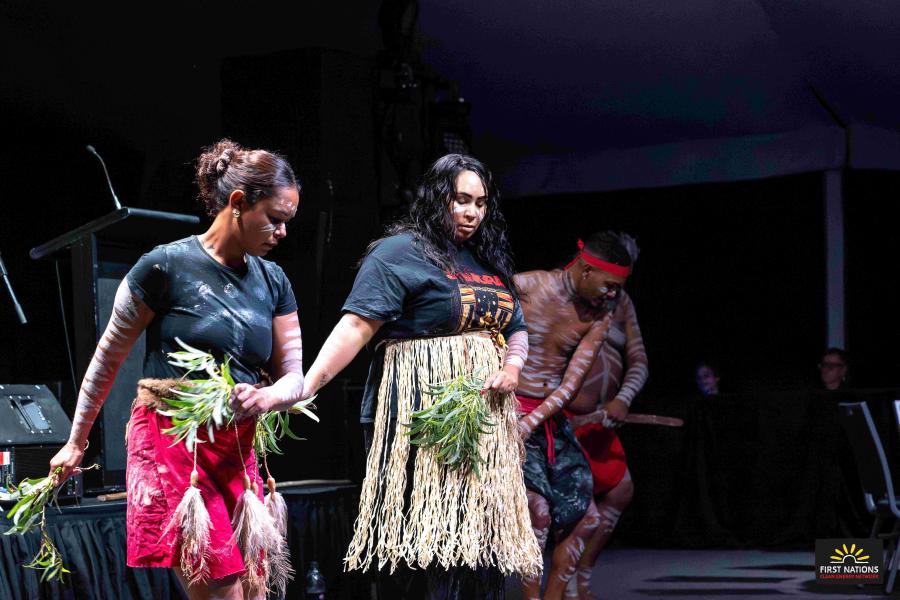NZEA at the First Nations Clean Energy Symposium

Image supplied by Wombat Vision and the First Nations Clean Energy Network
The Net Zero Economy Authority’s (NZEA) First Nations Policy Team recently travelled to the Sunshine Coast to attend the First Nations Clean Energy Symposium.
One of the responsibilities of the NZEA is to support Aboriginal and Torres Strait Islander peoples to participate in, and benefit from, Australia’s transition to a net zero emissions economy.
Our team attended the Symposium, co-hosted by the First Nations Clean Energy Network and the Indigenous Land and Sea Corporation, to hear directly from First Nations communities what support is needed to make the most of Australia’s energy transition. We need to work with communities, local councils, state and federal agencies to make that happen.
At the Symposium, attendees were optimistic about what has already been achieved in the energy transition for specific First Nations communities but were also realistic that more needs to happen. There was a strong sense that the transition provides a time-limited opportunity to benefit First Nations communities now and into the future.
NZEA CEO David Shankey joined a panel discussion exploring the intersection of clean energy policy and First Nations participation. David highlighted that we are a newly formed Authority and we are here to listen and learn to ensure we are as effective as we can be in ensuring First Nations people benefit from the transition to net zero.
The Symposium discussions were greatly appreciated by our First Nations team, with a number of key messages:
- Consultations with First Nations stakeholders and communities cannot be rushed and need to begin as early as possible to build trust and establish genuine partnerships.
- Governments and Industries that develop successful partnerships with First Nations communities are realising business and economic benefits, as well as social licence and community benefits.
- The all-encompassing nature of culture and cultural heritage must be understood by government and industry when partnering with First Nations communities. Workers and industries might be able to relocate, but communities need to be provided the opportunity to stay on their Country where that is their preference.
- Clean energy benefits need to be defined and measured by First Nations people. For example, a community had developed a successful microgrid solar project in response to a severe weather event that forced them off their Country for a prolonged period. For that community, the main benefit of realising the microgrid was being able to stay on Country, rather than making profits from the solar project.
The NZEA First Nations team thanks the First Nations Clean Energy Network and the Indigenous Land and Sea Corporation for hosting an informative and rewarding event. The team will consider these learnings as they continue to develop and refine a best practice and outcome focussed approach to NZEA’s work in this important area.
